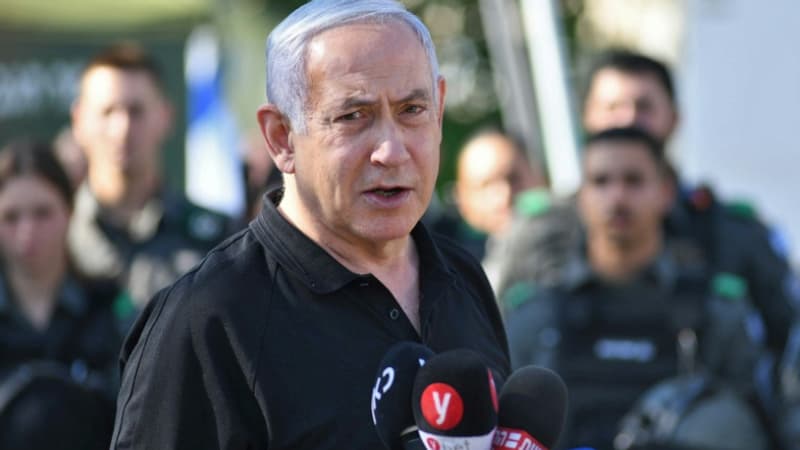Former Prime Minister Benjamin Netanyahu’s Likud party won the Israeli legislative elections on Tuesday, but uncertainty persists over its ability to form a government with its allies from religious parties and the far right, according to polls in Israel at the exit of the polls. .
According to these polls carried out by three important Israeli channels, Benjamin Netanyahu’s party is attributed 30 or 31 seats, of the 120 in Parliament, ahead of the Yesh Atid party of the outgoing Prime Minister, Yair Lapid, which would collect between 22 and 24 seats .
It is followed by nine parties, including the far-right “Religious Zionism” alliance of Bezalel Smotrich and Itamar Ben Gvir with 14 seats, and the center-right party of former army chief Benny Gantz, credited with 11 to 13 seats.
With his allies, Benjamin Netanyahu’s Likud would have 61 or 62 seats, winning the majority. But these scores could still change when the official results are announced, particularly depending on the seats won by smaller parties.
A return to power?
In the Israeli proportional system, an electoral list must obtain at least 3.25% of the votes to enter Parliament with a minimum of four seats, a situation that is especially critical for the parties of the Israeli Arab minority.
In 2020, Arab parties, hostile to Benjamin Netanyahu’s right-wing bloc, had won a record 15 seats after a dynamic campaign under one banner. But this time, they appeared in loose order under three lists: Raam, Hadash-Taal (secular) and Balad (nationalists).
According to exit polls, the Raam and Hadash-Taal parties should pass 3.25%, while the Balad formation is close to this minimum. If achieved, it would remove seats from Benjamin Netanyahu’s “right-wing bloc” with the risk for the latter of not being able to form a government.
“While the exit polls indicate a trend, it is important to note that there have been lags between the exit polls and the actual results in recent election cycles,” said Yohanan Plesner, director of the Israel Democratic Institute. , an analytical center in Jerusalem.
Source: BFM TV


